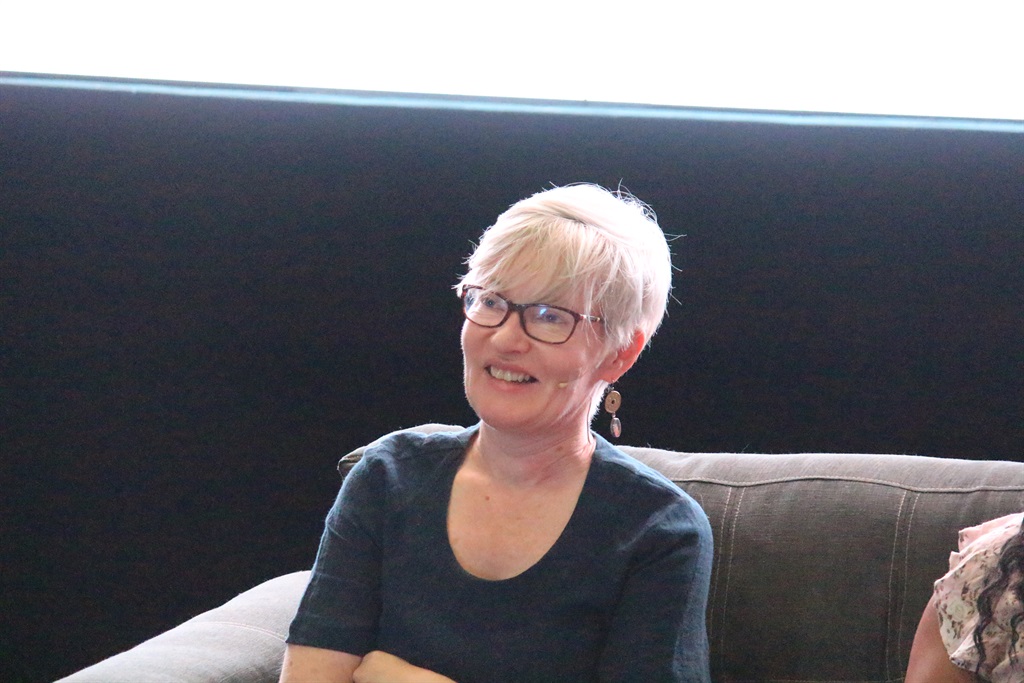
The cost of gender based-violence in the country is a staggering R28.4 billion to R42.4 billion every year, yet the gap that exists between mental healthcare services and survivors of sexual abuse and violence is still large, preventing significant care to survivors.
This is according to a report compiled by Doctors Without Borders (MSF), who have been working alongside the North West department of health in Rustenburg since 2015 to provide patient-centred medical and psychosocial care to survivors.
Titled Untreated Violence: Critical gaps in mental health care for survivors in South Africa, the report was compiled by telephonic interviews to 265 of the designated healthcare facilities by the national department of health, which are meant to be providing critical services such as counselling and screening for survivors.
Of these facilities, 55 are the government’s rape care facilities, the Thuthuzela Care Centres.
The study was released on Wednesday in Johannesburg, where a host of professionals from MSF, the North West department of health and civil society organisations were present.
As a result of the gaps that exist in the system when it comes to treating survivors of sexual violence and abuse, MSF has recommended that there be a full interdepartmental review and action plan done on the national department of health, as well as a costing exercise in order to adequately allocate funds to perform various services at the facilities.
When the first survey was conducted in 2015, its focus was on 800 women aged between 18 and 49 who had experienced sexual and intimate partner violence and lived within the Rustenburg Municipality.
Shockingly, it found that one in four women had been raped, with 95% of those who were surveyed having never reported their experiences of rape to a health facility within the municipality.
So large was the extent of sexual violence in the area that 25% of people surveyed said that they personally knew a woman who had been raped.
In 2016, MSF broadened the scope of the survey to reveal the gaps that existed in facilities designated by the national department of health to provide medical and psychological care to victims of sexual violence.
The most recent survey, conducted between September and October, found that almost half of the designated facilities did not provide counselling for children.
Nikita Ramkissoon, a survivor of childhood sexual abuse, said that the process of finally telling her family about what had happened to her was triggering.
“The trauma of telling my parents was triggering. This is something that victims often battle with, because they’re reliving their traumas. It is very difficult to recognise as a child what has happened. Usually when a child is sexually assaulted it’s by a person who they trust. It’s hardly ever by strangers. So you learn to trust that person and there’s an excessive amount of gaslighting that you don’t realise is happening,” she said during the discussion.
Filling the gap
The report reveals that one in five facilities said that it did not have a mental health care provider to provide counselling to survivors.
Sharon Kouta, a gender-based violence expert at the Networking HIV and Aids Community of Southern Africa (Nacosa), spoke to the urgency of employing more professionals to fill this gap in the system.
“You’d find definitely that the mental health issue is an issue that is not being managed properly just because of no capacity and the level of staff,” she said.
Programme director at the North West department of health, Grace Tsele, said that MSF had come on board to help the department to treat survivors in its high-impact area in Rustenburg, Bojanala Platinum District.
“We are not dealing with issues on the preventative side. The lay counsellors do not have requisite skills to explore the emotional needs of victims of violence. We need to have a psychologist; it can only take a person at that level to reach the emotional needs of these people. We have social workers who are not always available and we have a shortage of staff,” Tsele said.
She also called for a more inclusive approach to dealing with mental healthcare in the country, by calling on the departments of social development and justice to assist with the follow-through of a survivor’s journey in trying to gain justice and comprehensive care.
Invisible suffering
Dr Amir Shroufi, medical coordinator at MSF spoke of the work that they had been doing.
“In this area there are very serious needs that are not being met. What we often see is that the response to rape is a legal response, and as a far-second is a health response and far after that is the mental health. Part of the reason is that mental health is invisible. It’s an invisible suffering, it’s something that has not been managed properly before. We’re talking about things like depression, post-traumatic stress disorder, anxiety disorder and things which need immediate attention,” he said.
Not all facilities provide mental healthcare services and those that do are not operational 24 hours a day, despite the majority of attacks occurring at odd hours during the night or on weekends.
Rapists don’t keep office hours
“Most of our health facilities are not actually 24/7. They’re only 24/7 because they have casualty. Most rapes happen on the weekends and after hours. Rapists don’t keep office hours. So it means that what’s happening is most of your rape complainants are being seen where you have no specialised staff,” Lisa Vetten, Mellon Doctoral Fellow at Wits University, said.
“One of our key aims is that we can advocate for a more effective response from government. These reports are a call on government to do more. This is a problem that affects a huge portion of society, and yet the response is small. The response is way out of proportion to the size of problem,” Shroufi told City Press.




 Publications
Publications
 Partners
Partners








